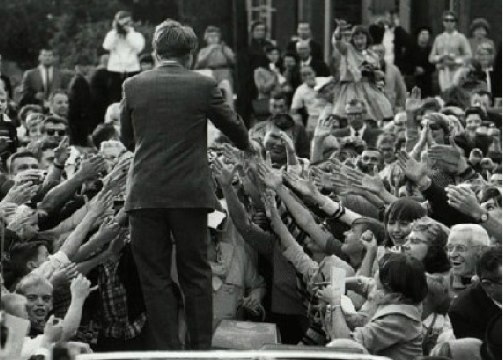We Live in a Cosmic Shooting Gallery
Early in the morning on February 15 a 55-foot meteor entered Earth’s atmosphere undetected. The resulting explosion — estimated to have the strength of 25 Hiroshimas — woke a lot of people up.
That is to say, the meteor created a shock wave that injured 1,200 people in the Chelyabinsk region of Russia, but the psychological shock was felt globally. How could this meteor, the biggest to strike Earth since 1908, have gone undetected? Who was asleep at the switch?
We all were, says astrophysicist Neil deGrasse Tyson, author of Space Chronicles: Facing the Ultimate Frontier. After all, scientists have been warning the public for decades that we are not the safe small blue dot we like to think we are, but rather, we are more like a target in a “cosmic shooting gallery.”
Did you know, for instance, that four small asteroids (although one was the size of a city block) just passed by us in the last week alone? Some of these asteroids were only discovered a few days before they buzzed by. That’s not a lot of lead time to build an arc or stock your apocalypse-proof shelter with Twinkies and ammo.
In all seriousness, if we don’t want to go the way of the dinosaurs, we need to wake up to the reality of this threat. As Neil deGrasse Tyson points out in the video below, even if you are living on the other side of the planet from the site of impact, a big enough collision could “send a wave of extinction across the tree of life.”
Watch the video here:
How different are humans from the dinosaurs that perished from the asteroid that hit the Yucatán peninsula?
“I’m a little embarrassed for us,” Tyson tells Big Think. Unlike the dinosaurs, we have a space program. And yet, Tyson says we are still “so blind to everything experts have been telling us.” Tyson points to The New Yorker cartoon by Frank Cotham in which one dinosaur says to another, “All I’m saying is now is the time to develop the technology to deflect an asteroid.”
As Tyson points out, unlike the dinosaurs, “we can do something about it if people have the foresight to understand what the risks are, the dangers, and actually act upon it.”
Image courtesy of Shutterstock
Follow Daniel Honan on Twitter @Daniel Honan





